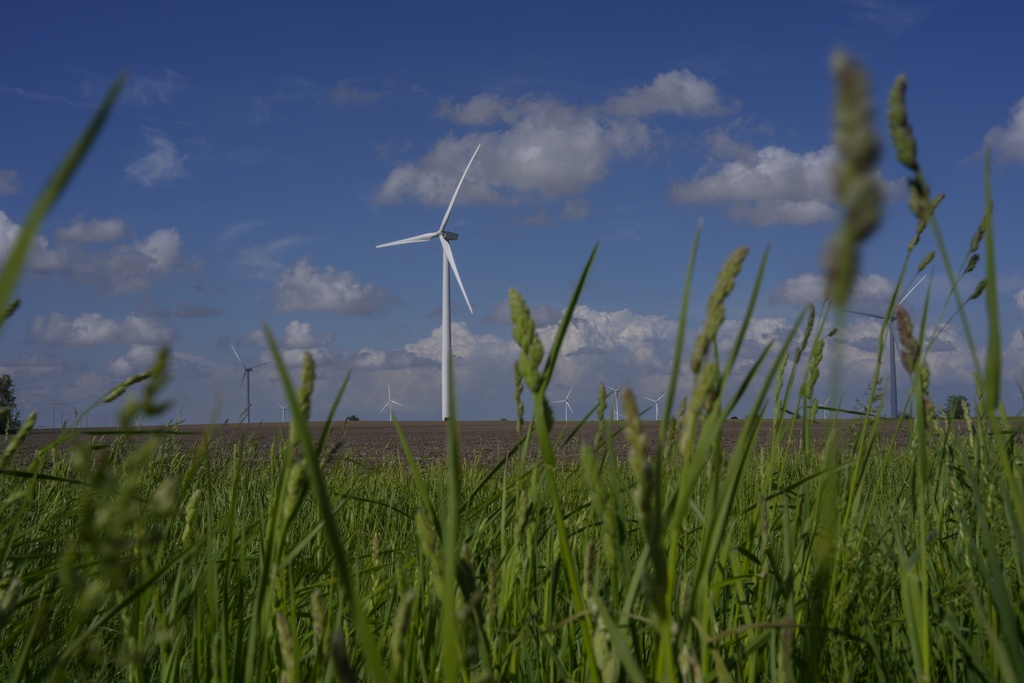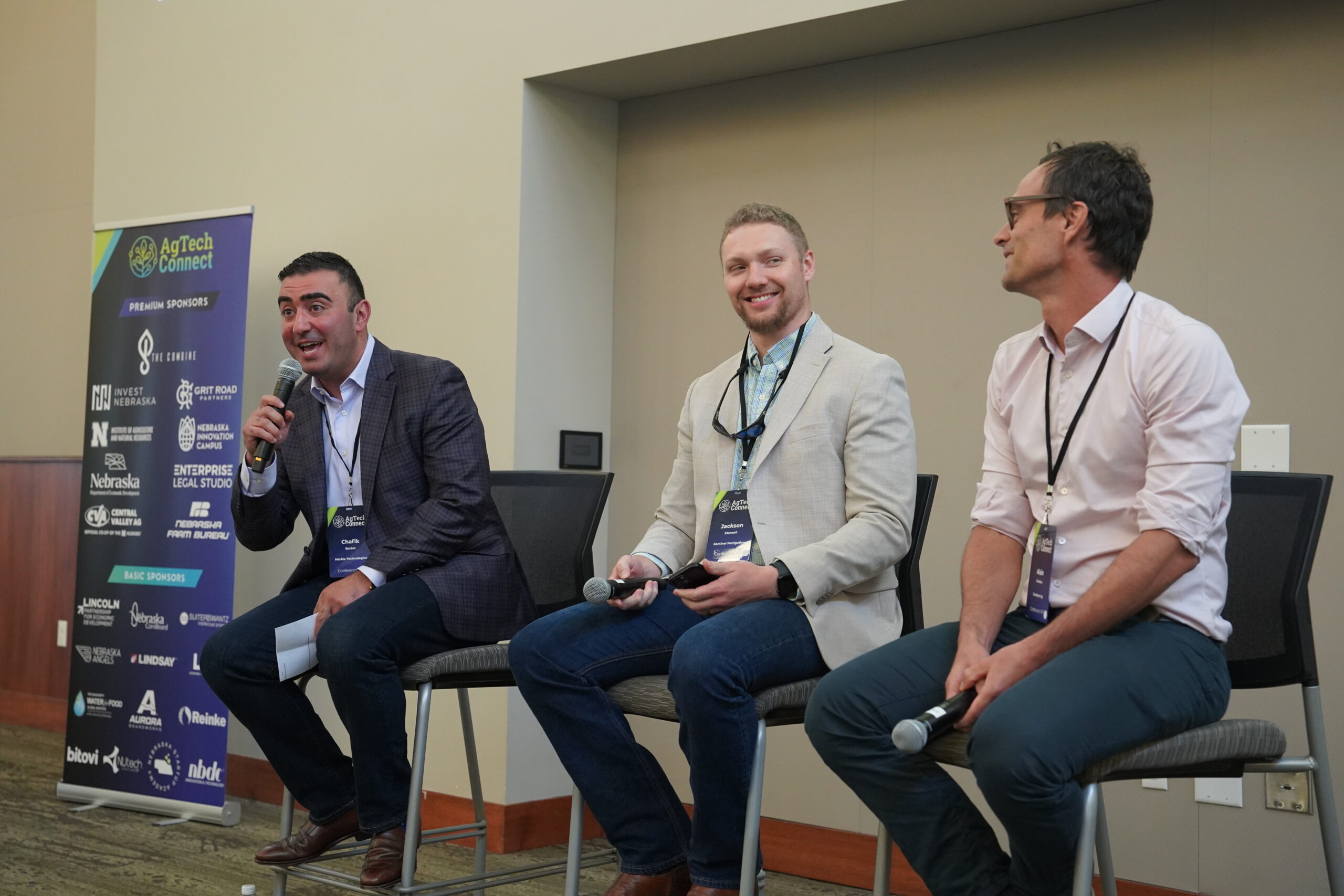The annual Heartland Developers Conference attracted software engineers and technical professionals from across the region for two days of learning and networking. The 2023 event was held at the CHI Health Center in Omaha on Oct. 24-25. Attendees selected breakout sessions from tracks including: Artificial Intelligence & Data Science, Cyber Security, Innovation, DevOps & SecOps, Microservices & Cloud, Tech Leadership.
Here are a few takeaways from the opening keynote by Martin Ford, author of “Rise of the Robots” and “Rule of the Robots”:
1. Artificial intelligence is becoming a general-purpose technology. Similar to electricity, it’s expected to touch every aspect of our lives making society increasingly dependent on it. Unlike electricity, AI’s rapid advancement and integration into cloud computing make its impact more unpredictable and potentially more dramatic over time. Competitive dynamics among major tech companies like Google, Amazon and Microsoft are driving rapid progress in AI development.
2. The adoption of AI presents benefits and challenges. Artificial intelligence has the potential to be a positive force in solving critical global challenges, including climate change and poverty, by enhancing human creativity and intelligence. On the other hand, AI will impact the job market by displacing workers. Historical examples of technological advancements — like industrial automation in the 1960s — show that initial fears of job displacement did not materialize over the long term. However, AI will likely have a more significant impact due to its cognitive capabilities.
3. The job market is already changing. Job creation has been declining over decades, which indicates a systemic shift in the economy. The job market is taking longer to recover after recessions compared to past decades. The jobs being generated post-recession tend to be more low-wage service sector jobs. Robotics and AI are advancing to the point where they can perform tasks that were once done by humans. This is particularly evident in industries like manufacturing, warehousing and fast food. As robotic technology improves, labor-intensive environments like Amazon warehouses are likely to see a reduction in human workers in favor of automation.
4. Blue-collar jobs are not the only jobs susceptible to AI. The impact of automation is not limited to manual labor. White-collar jobs, such as corporate finance and law, are already being affected by AI. Tasks like document review and legal predictions are already being automated. Artificial intelligence powered by technologies like ChatGPT is increasingly being used in journalism to generate news articles. Routine knowledge-based tasks in white-collar work are susceptible to automation. This could impact a range of professions, including those in medicine, radiology, and more.
5. Some jobs will be more insulated than others from AI’s impact. Jobs involving problem-solving skills, dexterity and unpredictable environments, such as skilled trade jobs (i.e., electricians and plumbers), are relatively safe from automation. Truly creative jobs that involve thinking outside the box and generating new ideas or strategies are likely to be amplified by artificial intelligence rather than replaced. Jobs that involve forming deep relationships with others, like nursing or business consulting, are less likely to be automated in the foreseeable future.





